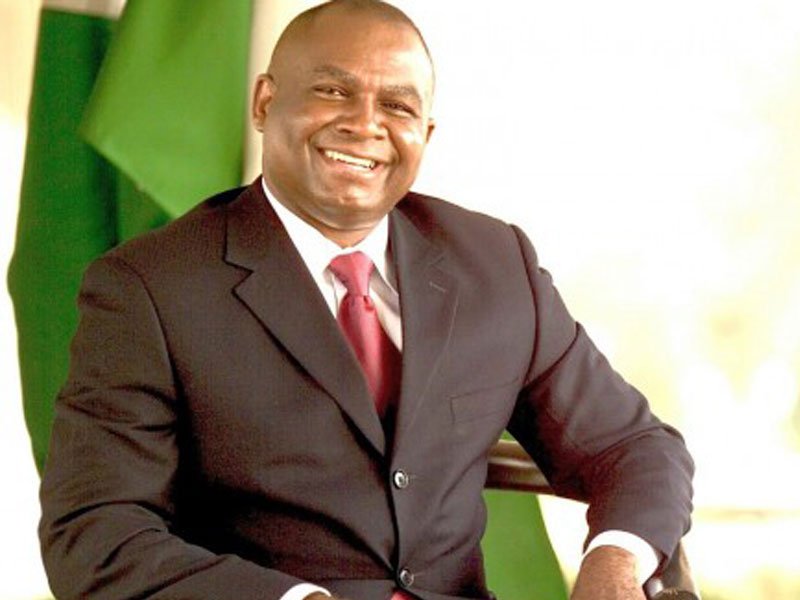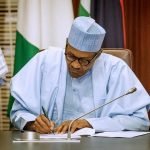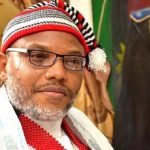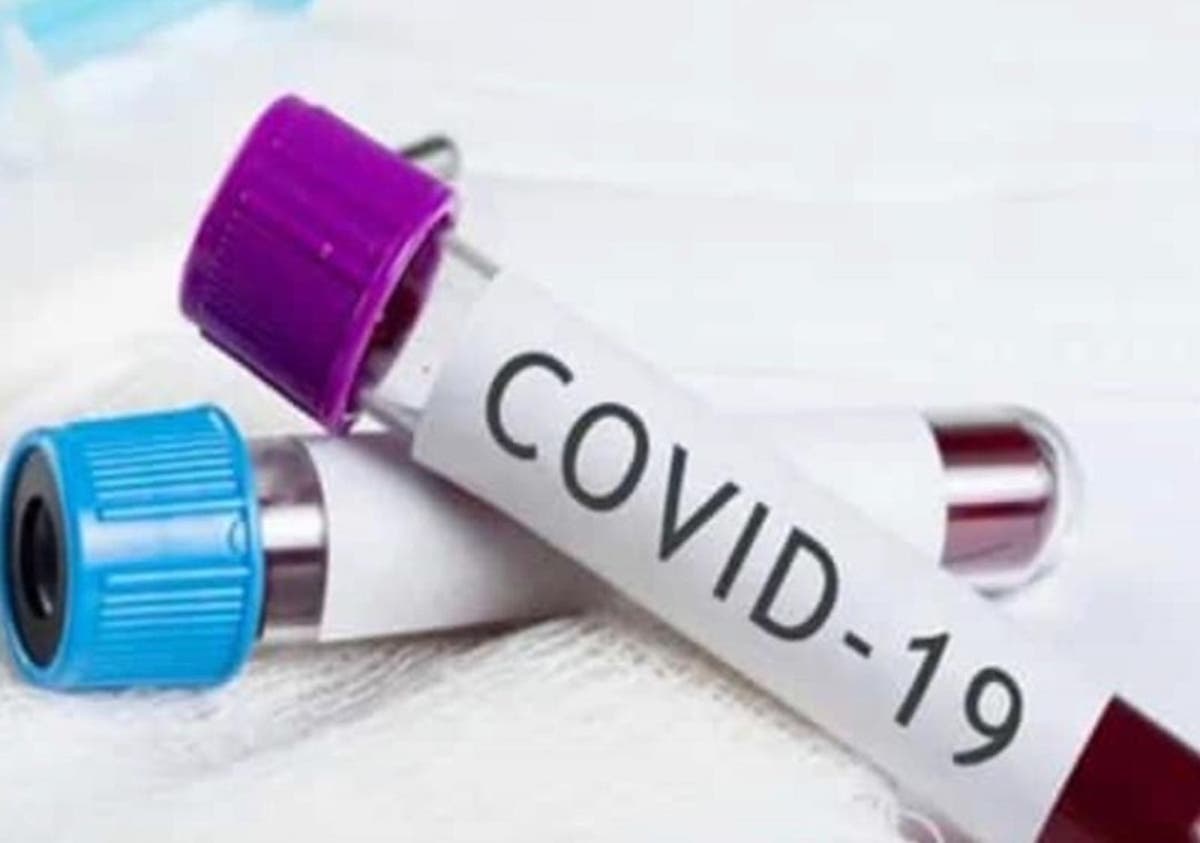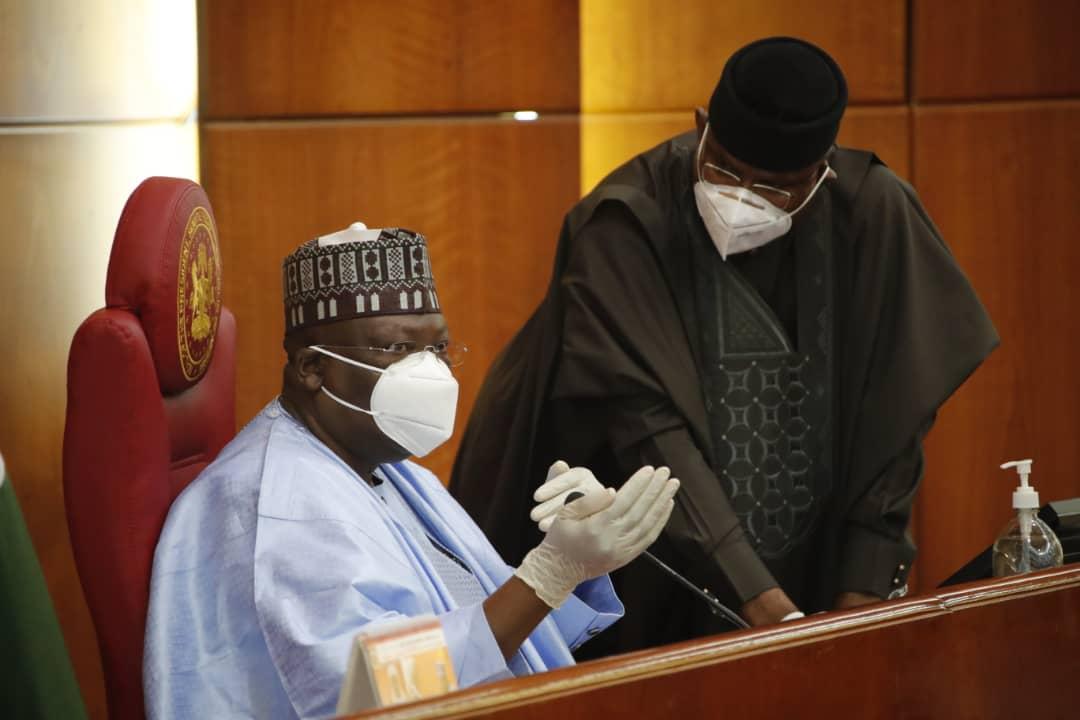The presidential candidate of the All Progressives Congress, Bola Tinubu, was the most successful governor amongst the class of 1999-2007 set when democracy berthed after many years of military dictatorship, Senator representing Enugu East in the National Assembly, Dr. Chimaroke Nnamani has said.
According to him, Tinubu who was a former governor of Lagos State same time he was governor of Enugu State said governors from the class of 1999 may still be the nation’s top system builders and political reformers.
He maintained that “Tinubu will replicate the successes in Lagos across the country and has the capacity to revamp the economy and make Nigeria work for all.”
Nnamani who is also Chairman, Senate Committee on Cooperation and Integration in Africa/NEPAD, expressed these views in a statement he issued in Abuja on Friday.
He said the class of 1999 Governors had it rough in the beginning because most of them inherited a state that had all of its sectors in poor conditions as a result of several years of military rule.
Nnamani said, “All we had was pure joy in our electorates’ hearts because they had a democratically elected governor. From health to education to the economy and security, Lagos state and many other states were in turmoil as a result of years of military rule but Asiwaju Bola Ahmed Tinubu made the most progress out of all of us in reforms of various sectors, with Enugu State coming in second.
“This large progress came as a result of assembling 23 best brains in Lagos state to examine each sector of Lagos economy and provide a workable solution to its unique challenges”.
He said that in the education sector under Tinubu, “they discovered that out of the 7,877 classrooms that were available, 5,908 needed renovation,” adding that “with 682,000 students, the 7,877 classrooms were insufficient due to the UNESCO standard of 1:25 students per classroom.”
The statement reads, “The Asiwaju-led administration was tasked with figuring out how to add 5,768 more classrooms to the existing ones, saying that he rose to the challenges by erecting new elementary, junior secondary and senior secondary schools in Lagos between 1999 and 2007 to address this issue.
“Asiwaju-led government consequently embarked on human capital development to guarantee that pupils received the finest education possible with a series of staff training and development programs in various courses, seminars, and workshops.
“Numerous principals were sponsored to travel to Cape Town, Nairobi, and Auckland between 1999 and 2007. In total, more than 100 instructors received training in Nigeria and other French-speaking African nations.
“Provision of computer systems to the ministry, SUBEB, TEPO, and six school districts. In order to keep up with the most recent global educational trends, Lagos State under Tinubu funded the training of 1,400 teachers to teach the recently introduced family life health education by the National Council on Education.
In doing so, Nnamani said Lagos state became the first to adopt and execute FLHE program.
He said, the Tinubu-led government also had an effect on the tertiary institution as a backlog of more than 25,000 diploma, degree, and postgraduate certificates was cleared, adding that Lagos State University also implemented online course registration, fee processing, and result checking.
The Lagos State University College of Medicine, Nnamani said, was founded by Tinubu to provide top-notch medical training and facilitated the accreditation in 2005, which enabled the first class of medical doctors graduating in 2006.

